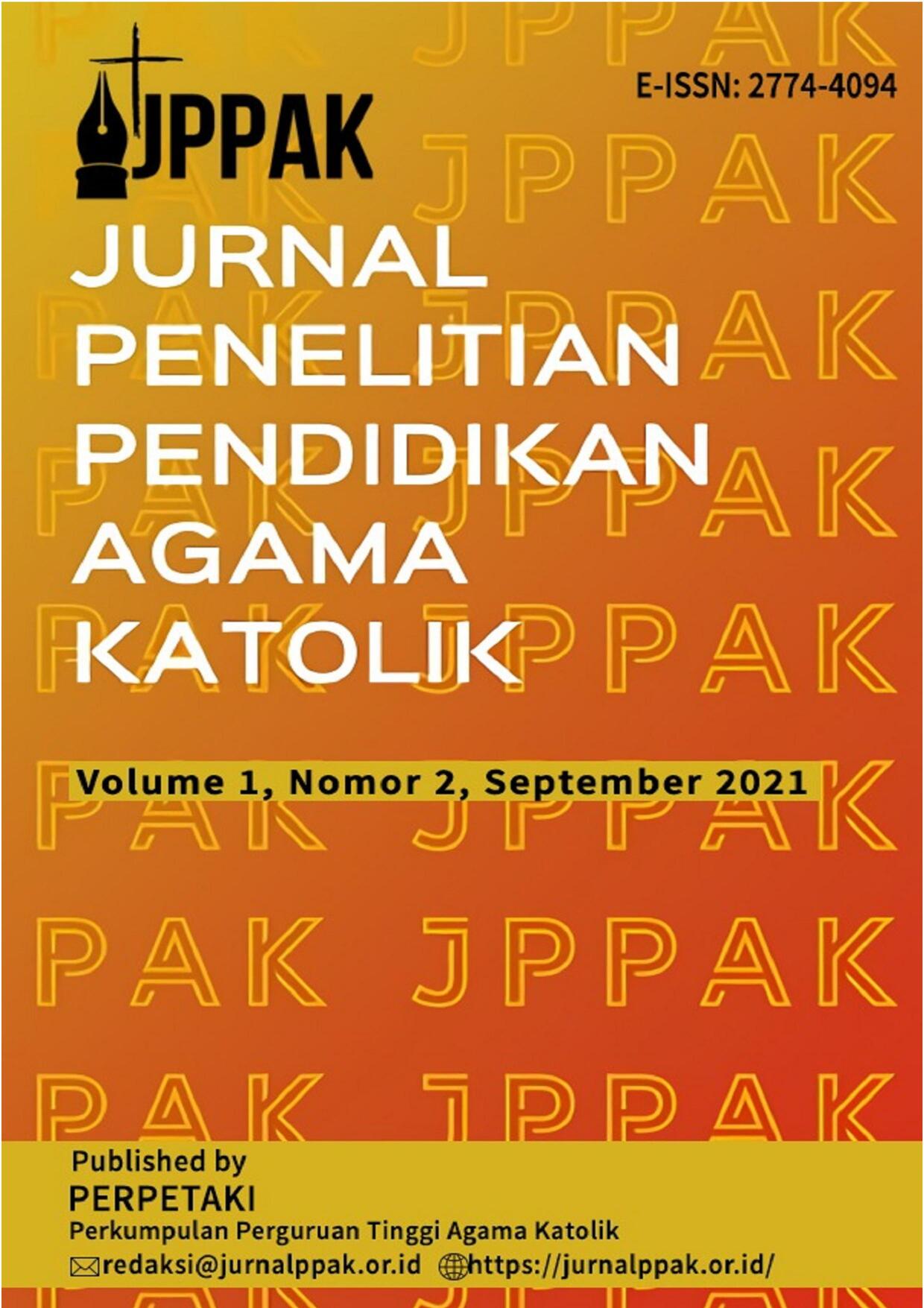The Roles of the Scout Movement in Developing Christian Values at My Little Island (MLI) Elementary School, Malang
DOI:
https://doi.org/10.52110/jppak.v1i2.12Keywords:
Scout Movement, Christian Values, Elementary SchoolAbstract
This study aims to determine the extent of the role of the scout movement in developing Christian values at My Little Island (MLI) Elementary School Malang. This nature of this research is quantitative research. The variable was singular: the role of scout movement in developing christian values in My Little Island (MLI) Elementary School Malang. The sampling method was purposive sampling. Close questionnaires, utilizing google forms, were distributed for data collection. The samples of this research were all christian boys and girls, catholics and protestants, of 4th – 6th Grade of MLI. The method for data analysis was descriptive quantitative. As the research concluded, the overall score regarding the role of the scout movement in empowering the christian values at MLI was 4.22. This result corresponded in the interval of 4.21-5.00, which was very good. Based on the result, MLI was recommended to continue integrating the scout movement or other similar programs for it was proven that such activities were effective in developing christian values of the students in practical level. Qualitative research with direct observations and interviews with key informants should be conducted to complement this research.
Downloads
##submission.downloads##
Submitted
Published
How to Cite
Issue
Section
License
Copyright (c) 2021 Jurnal Penelitian Pendidikan Agama Katolik

This work is licensed under a Creative Commons Attribution 4.0 International License.
Copyright Notice and Permissions
Jurnal Penelitian Pendidikan Agama Katolik offers immediate open access to all its content on the principle to make researches freely available to the public, especially to the scholars, to support greater global exchanges of knowledge. This journal encourages all scholarly authors to allow their research openly available, free access and without time restrictions.
All articles published Open Access will be immediately and permanently free for everyone to read and download. Under the CC BY-SA 4.0 license, authors retain ownership of the copyright for their article, however authors grant others permission to use the content of publications in Jurnal Penelitian Pendidikan Agama Katolik (JPPAK) in whole or in part provided that the original work is properly cited. Users (redistributors) of Jurnal Penelitian Pendidikan Agama Katolik (JPPAK) are required to cite the original source by including at least: the full title of the article, the author's or authors' full name(s), JPPAK as the initial source of publication, year of publication and volume number using a propriate citing method.
Copyright encompasses exclusive rights to reproduce and deliver the article in all form and media, including reprints, photographs, microfilms and any other similar reproductions, as well as translations. The reproduction of any part of this journal, its storage in databases and its transmission by any form or media, such as electronic, electrostatic and mechanical copies, photocopies, recordings, magnetic media is prohibited without consent of Jurnal Penelitian Pendidikan Agama Katolik (JPPAK).
Jurnal Penelitian Pendidikan Agama Katolik (JPPAK) is licensed under a Creative Commons Attribution Share-Alike 4.0 International. (CC BY-SA 4.0)
Authors who publish with Jurnal Penelitian Pendidikan Agama Katolik (JPPAK) agree to the following terms:
- Authors retain copyright and grant the journal right of first publication with the work simultaneously licensed under a Creative Commons Attribution Share-Alike 4.0 International (CC BY-SA 4.0) license that allows others to share the work with an acknowledgement of the work's authorship and initial publication in this journal.
- Authors are able to enter into separate, additional contractual arrangements for the non-exclusive distribution of the journal's published version of the work (e.g., post it to an institutional repository or publish it in a book), with an acknowledgement of its initial publication in this journal.
- Authors are permitted and encouraged to post their work online (e.g., in institutional repositories or on their website) after the publication on JPPAK, as long as it not published on other OJS for it will be treated as plagiarism by plagiarism checker apps. It can lead to productive exchanges, as well as earlier and greater citation of published work (See The Effect of Open Access).












